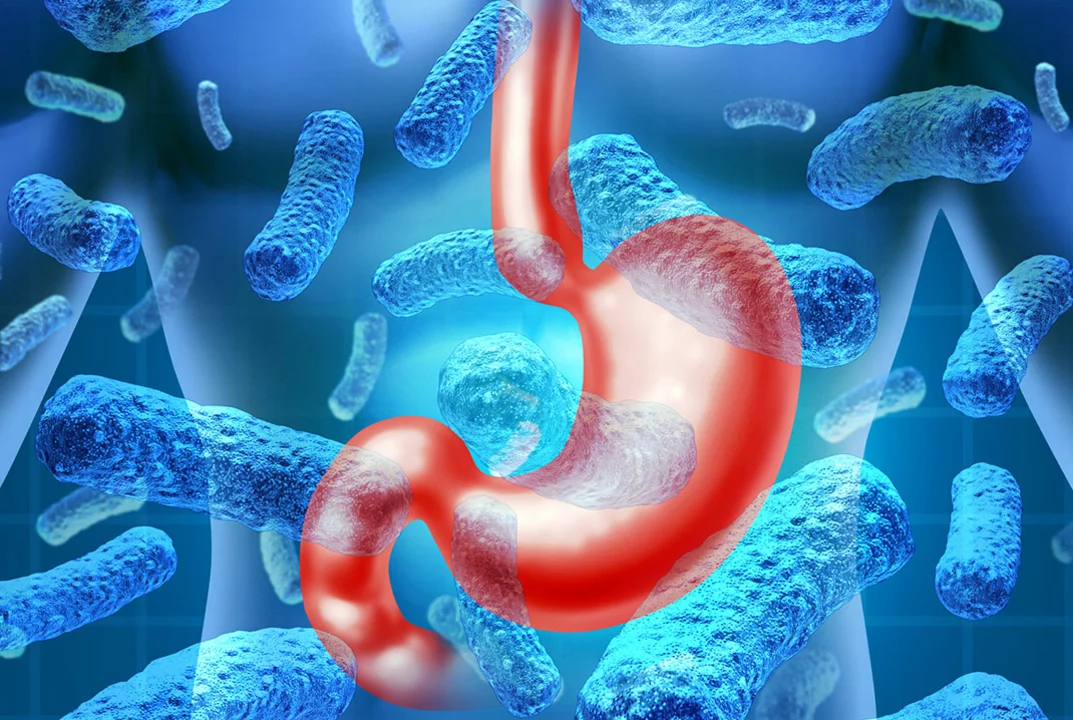Gut Health: What You Need to Know to Feel Your Best
Gut health isn't just about digestion—it's about feeling good overall. The gut hosts billions of bacteria that play a key role in breaking down food, supporting your immune system, and even influencing your mood. So keeping your gut in shape helps you stay strong both physically and mentally.
Many people think gut problems only show up as stomach aches or indigestion, but it goes deeper. Issues like fatigue, skin problems, or mood swings can sometimes trace back to how well your gut works. Understanding this connection is your first step toward better health.
Simple Ways to Support Your Gut Microbiome
One of the easiest ways to help your gut is by feeding the good bacteria living there. Foods rich in probiotics, like yogurt, kefir, sauerkraut, and kimchi, introduce helpful microbes directly. Prebiotics, found in foods like garlic, onions, and bananas, serve as food for these microbes, helping them thrive.
Remember, cutting back on processed foods and added sugars matters. These can feed harmful bacteria and throw your gut balance off. Instead, focus on a diet full of whole grains, fresh fruits, and vegetables. Drinking plenty of water also keeps digestion running smoothly.
When to Seek Help and What to Expect
If you're dealing with chronic gut discomfort—like bloating, frequent diarrhea, or constipation—it's a good idea to check in with a healthcare provider. They can help find specific causes and treatments. Depending on your situation, probiotics or other supplements might be recommended, but always ask for professional advice to avoid unnecessary or ineffective options.
Good gut health is a journey. You don’t need to overhaul everything overnight. Small changes, like adding a probiotic yogurt to breakfast or swapping chips for a handful of nuts, can make a positive difference. Tracking how your body responds helps you learn what works best for you.
At RxSpark Pharmaceuticals Resource Centre, we’re here to bring you trustworthy info about gut health and medications related to digestion. Our goal is to help you make smarter choices for your digestive wellness and overall health.
